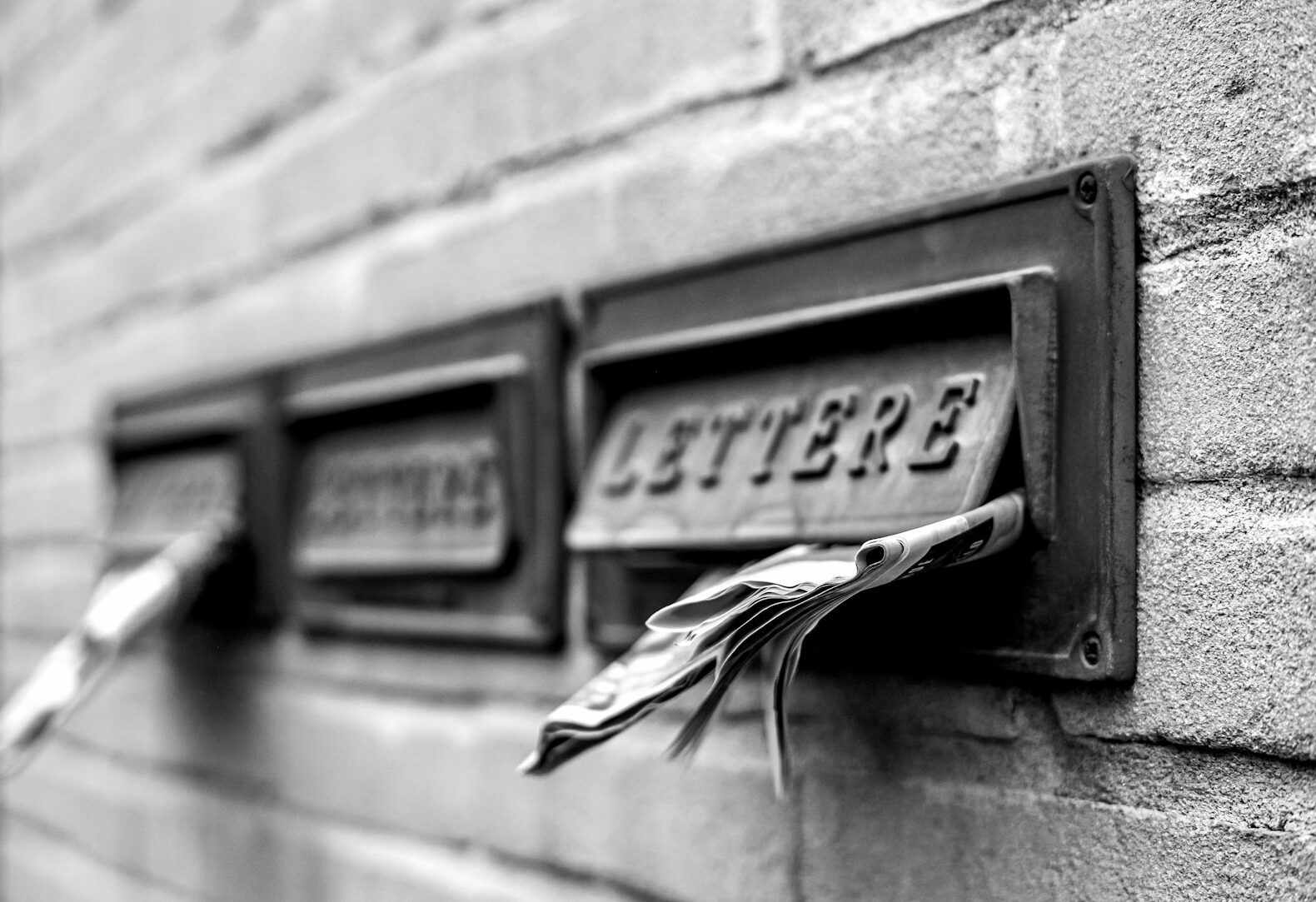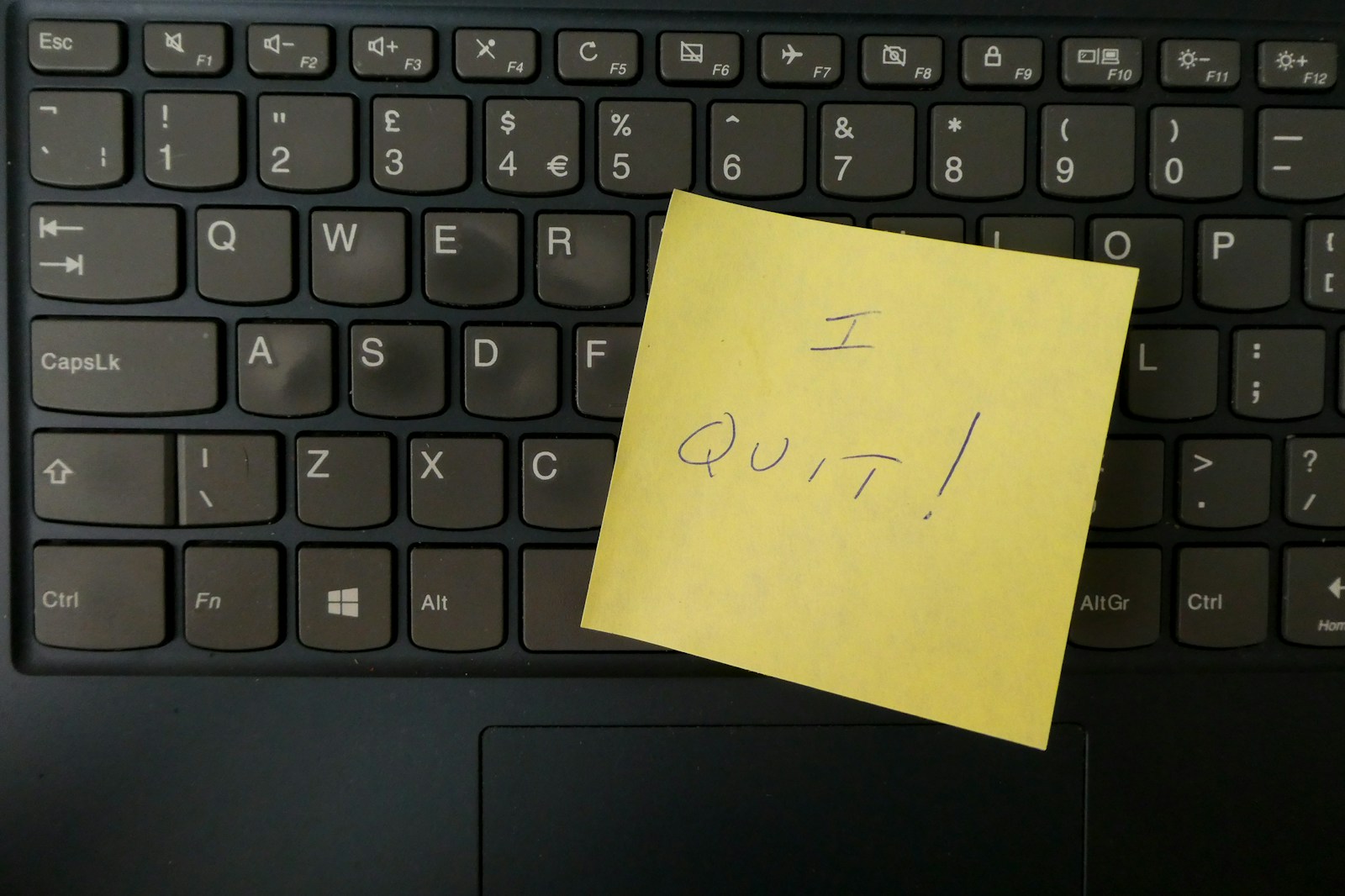When your lease ends in Geneva, one of the final and most important steps is returning your keys and recovering your rental deposit. The process is fairly structured and follows established rules under Swiss tenancy law, but it can be stressful if you’re not well prepared. From cleaning standards to paperwork, here’s how to make sure everything goes smoothly.
Confirm the end date and prepare for inspections
Before anything else, make sure your lease has been correctly terminated. If you’re not sure about the rules or notice periods, I’ve published a dedicated article on how to terminate a rental lease.
Most régies will schedule a preliminary inspection (“état des lieux préliminaire”) before the actual handover. This is usually done a few weeks before the end of the lease and gives the tenant a chance to plan any necessary cleaning or repairs. It’s in your interest to attend, take notes, and clarify what is expected to avoid surprises later.
Hire a professional for the cleaning
Even though it represents a fair cost, I strongly recommend hiring a professional cleaning company. There is always more to clean than expected, and régies in Geneva are known for being particularly meticulous. Most reputable cleaning companies offer a guarantee: if the régie is not satisfied, they will return and clean again at no extra charge until the apartment is accepted.
Make sure to:
- Share the régie’s cleaning checklist with the company, if you’ve been given one.
- Remind the company to clean windows (including frames and blinds), kitchen appliances, bathroom joints, radiators, light fixtures, and behind furniture.
Don’t forget your garage box and basement storage (“cave”) if you have them. These are often overlooked but must also be emptied, cleaned, and vacuumed.
Plan for small repairs and use your insurance if needed
You’re responsible for normal upkeep during your lease. That includes replacing burnt-out bulbs or fixing loose door handles. If something is damaged or stained (especially walls) address it before the final inspection.
When it comes to paint and wallpaper, their life expectancy is generally considered to be 10 years. If you’ve lived in the apartment for 5 years and the wall was freshly painted when you moved in, you would typically be responsible for only 50% of the repainting cost (if it actually needs to be repainted). However, if you have liability insurance (RC), it’s usually worth making a claim. The deductible (usually around CHF 200) is often lower than the portion you’d pay out of pocket.
Be present for the final inspection
The final inspection (“état des lieux de sortie”) is usually scheduled on the last day of the lease. A representative from the régie will inspect the apartment, using the original condition report (état des lieux d’entrée) for comparison. Sometimes, the new tenant is also present.
During the visit:
- Bring all keys listed in your lease (including mailbox, building entrance, garage remotes, and any extra copies).
- Raise any disagreements respectfully on the spot.
- Ensure your comments, if any, are noted in writing on the inspection form.
Both parties will sign the report once the inspection is complete.
What happens with the deposit?
If you paid a traditional deposit into a blocked bank account (compte de garantie), it remains frozen until the régie releases it. If everything is in order after the final inspection: no damage, no unpaid rent, and the cleaning is accepted, the régie will issue a release form (“mainlevée”). This document authorizes the bank to return the deposit to you. Once you receive the release, send it to the bank, and the funds are usually transferred within a few days.
If deductions are being made, the régie must provide justification and invoices. You can choose to accept the deduction or dispute it. If no agreement is found, the deposit stays frozen until a legal resolution is reached. In the absence of legal action, the funds are typically released automatically after one year.
If you used a rental guarantee service like SwissCaution or FirstCaution instead of depositing money in a blocked account, the process is different. In this case:
- Ask your régie or landlord to return the original rental guarantee certificate, dated and signed (with the lease end date clearly indicated), to SwissCaution/FirstCaution.
- Once your landlord has made the release request, you will automatically be exempt from paying the next annual premium, and in some cases even get a partial refund for the current year (pro rata temporis).
- If your landlord makes a claim for unpaid rent or damage, and you agree with the amount, SwissCaution/FirstCaution will pay the landlord directly, up to the amount covered by your guarantee.
- You are then required to reimburse SwissCaution/FirstCaution for that amount.
In either case, if the landlord is claiming damages, it’s also worth contacting your liability or household insurance. These policies (RC / ménage) may cover certain costs, which could reduce or eliminate what you personally owe.
Get personalized guidance
Select an option above to learn more.
📅 Arrange a callback
Pick a TimeClick the button above to pick a time that suits you. I will call you to discuss your request and outline how I can best assist you, entirely without commitment.







